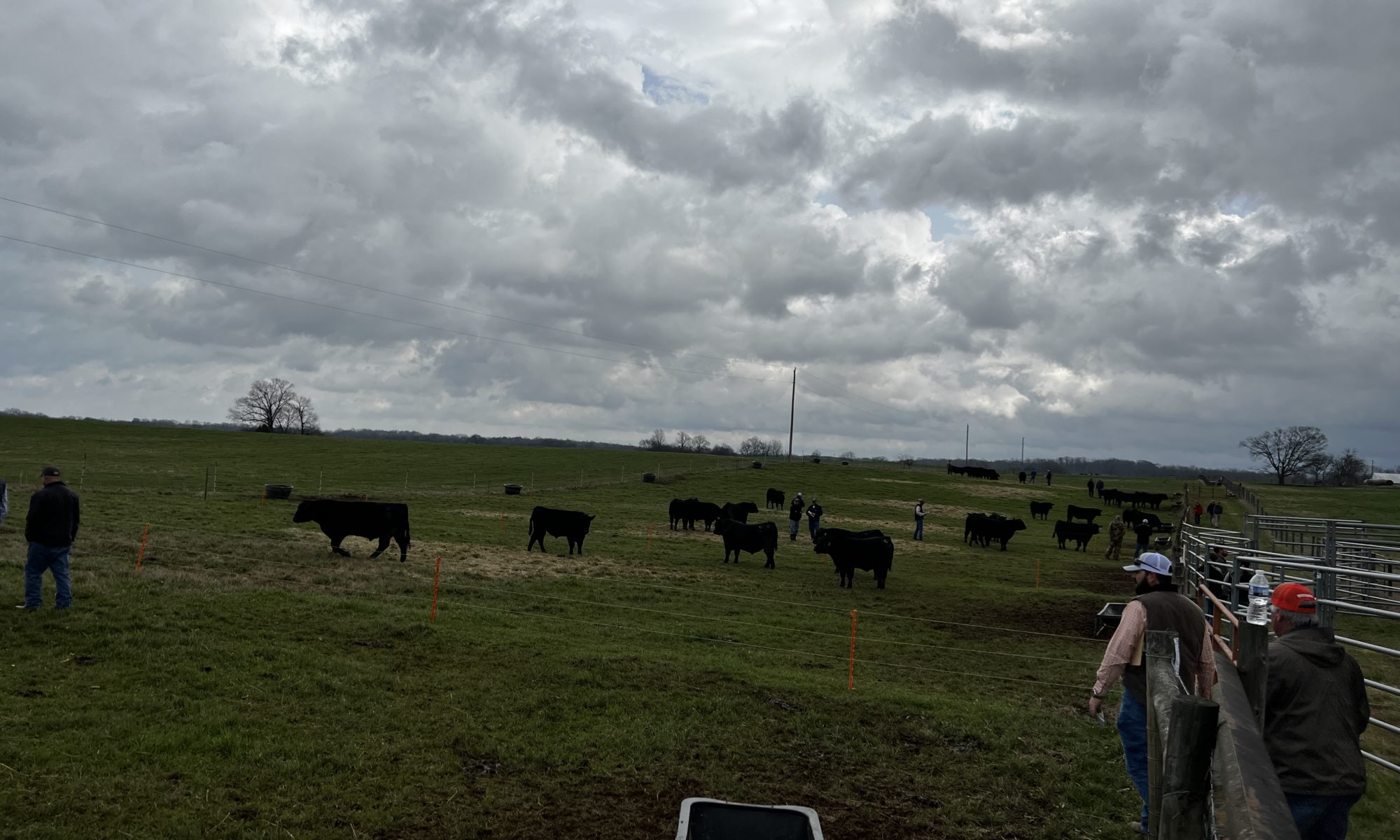

Dr. Andrew Griffith
Assistant Professor
Department of Agricultural and Resource Economics
P: 865-974-7480
Fact, fiction, truth, and opinion are four words that can stir up a lot of angst, and every idea or thought can be described as one or more of these words. However, some of these words cannot be used simultaneously to describe something. For instance, anything that is a fact or truth cannot be fiction and vice-a-versa. Alternatively, opinions can be fact or fiction or truth. Sometimes people have an opinion they “know” is fact, but in reality, it is fiction. Other times, people have an opinion that is a fact to them, but it is has not been replicated by someone else to confirm, so many people think it is fiction. The question is, what is Andrew Griffith trying to say? I will explain.
There are somethings in this life that are complete fact and truth no matter the way a person tries to cut it. For example, the law of gravity is a fact. Gravity of the earth will pull everything on this earth to itself at 9.8 m/s2. If there is a lack of belief from someone then simply attempt to make something hover in the air indefinitely. I can guarantee it will eventually fall back to the ground where it meets resistance from the soil. Gravity is why cracks in foundations occur and why sink holes exist. Similarly, there are many truths in this life that cannot necessarily be seen, but they are revealed through the Word and will become fully known by everyone in the future. However, I will go more in depth on those truths at Sunday School.
The point of this article is to sort fact from fiction and truth from opinion as it relates to cattle production. Every cattle producer has an opinion on most subjects. Those opinions are largely based on experience, knowledge, and what they have heard from others whom they trust. Those opinions can be a fact to the person who is expressing that opinion, and it may be fact to others who share similar experience and knowledge. Alternatively, there may be others who deem such opinions to be fiction, because their experience and knowledge have led them to a different conclusion. Problems arise between individuals when they think their knowledge and experiences supersede other people’s knowledge and experience.
Here are some examples of differing opinions. “That so and so feed is the best feed they ever put out. My calves are gaining like crazy on it.” Then the other person says, “That so and so feed is the worst thing ever. The nutritionist who formulated that feed must have been jacked up on Mountain Dew when they did that. My calves have not grown a bit, and I am just wasting my money. I bet that fellow would have done a better job if he was drinking Sun Drop.” Similar statements could persist with fly control, rotational grazing, breeding seasons, and any other management decision in cattle production.
On top of everyone’s experience, we throw in the research that is being done privately and in the University system. This research is typically a solid foundation for an idea, but it cannot necessarily be taken as gospel. That sounds terrible for a University person to say, but the management and resources used in research cannot always be duplicated on every farm. Thus, many people do not find the exact results from implementing something on their farm that they learned about through research.
What is known is that every producer can use their own experience, information from research, and observation of others experience and meld that into a winning combination for their own operation. This is still a trial and error method to some degree, but the risk is much lower than approaching cattle production with a willy-nilly attitude. Cattle producers and farmers have been testing different approaches for many years, and they are constantly adjusting their approach with the hopes of improving production and profitability. The challenge today is for each producer to identify what fact, fiction, truth, and opinion works on their farm and with their resources. This is not a one size fits all or even a one size fits most. Farming is similar to special order boots. They fit perfectly and can be expensive.